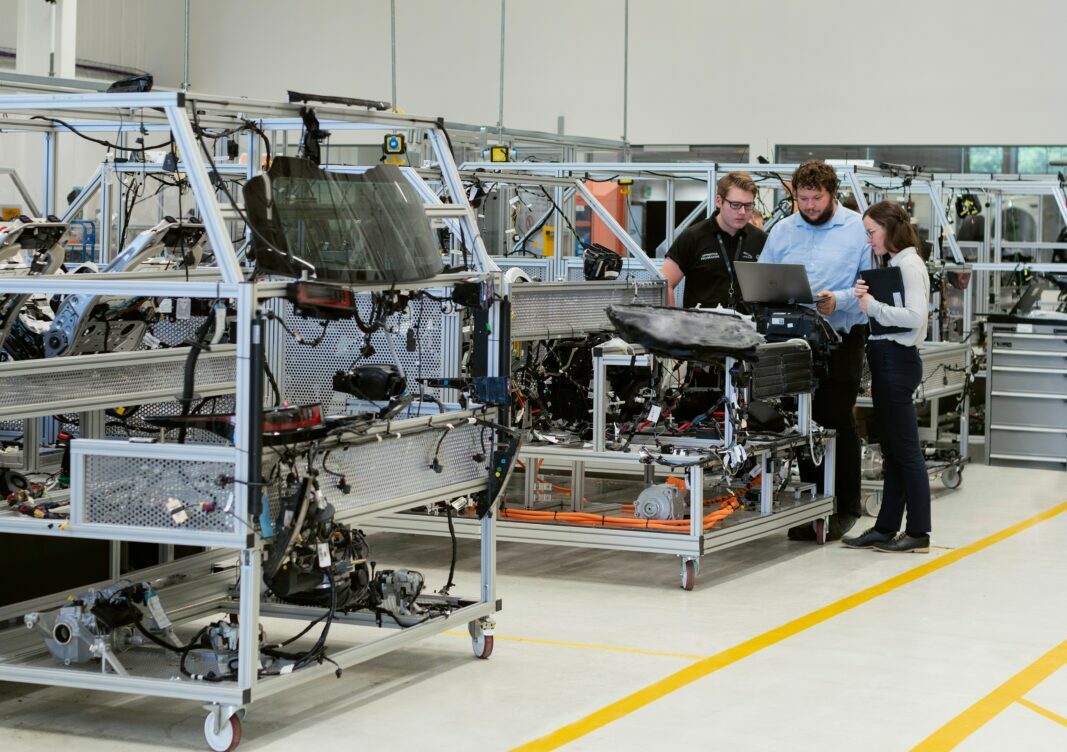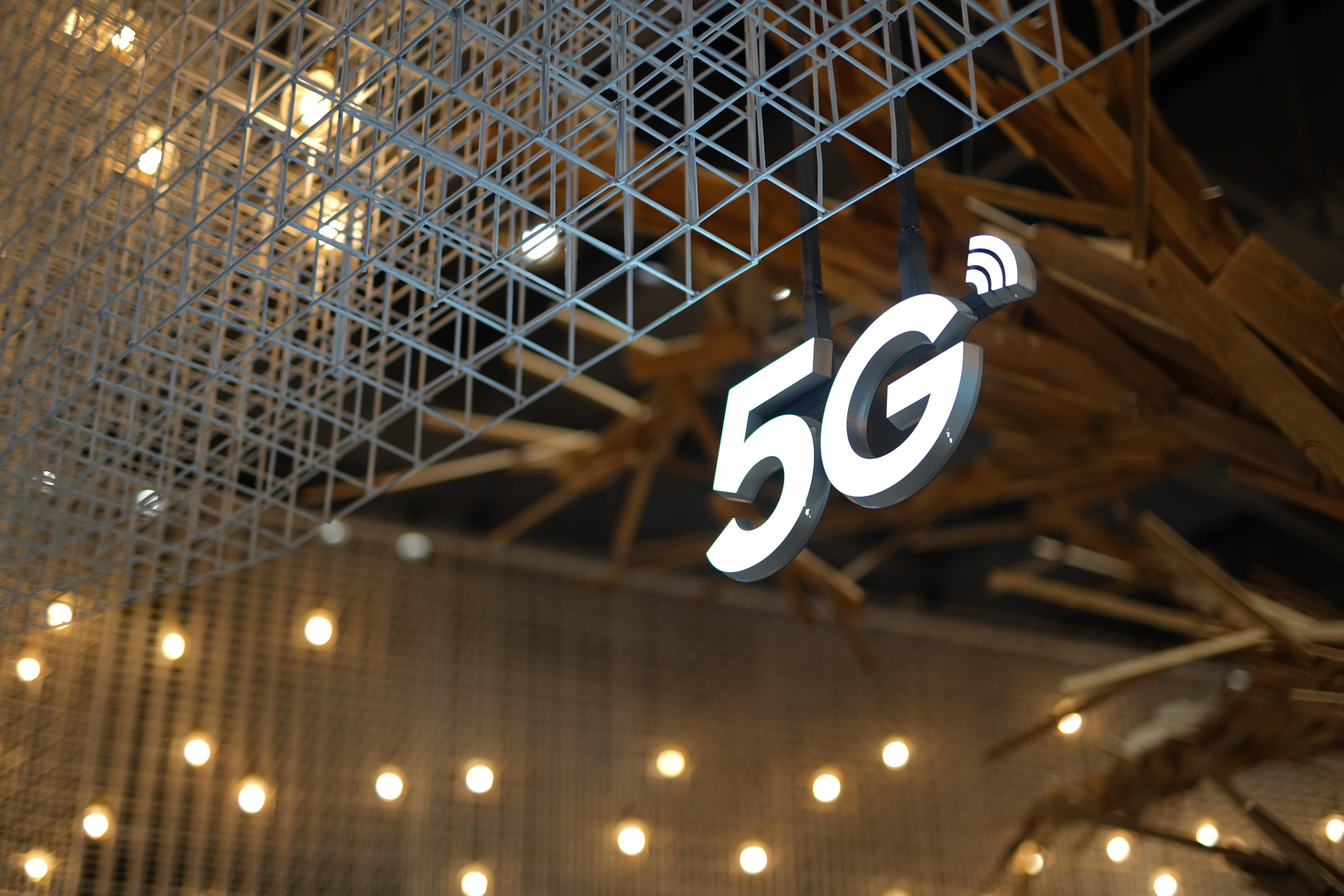As we approach the fourth industrial revolution, hyper-connectivity and 5G is set to revolutionise manufacturing sector. Mysore Madhusudhan, Executive Vice President - Collaboration and Connected Solutions, Tata Communications shares some key insights that manufacturers can use to empower businesses with 5G for successful transformation.
Since the dawn of the internet, the world as we knew it transformed to become a global village. We don’t depend on letters which take weeks to arrive at its destination or go to call centres to make international calls. With a few taps on a keyboard, we can send emails to connect with family or business partners across the globe instantly.
 This evolution of connectivity also had a great impact in major industries and is set to continue as we move into Industry 4.0. The fourth industrial revolution is transforming business operations for the better and we’re only at its cusp.
This evolution of connectivity also had a great impact in major industries and is set to continue as we move into Industry 4.0. The fourth industrial revolution is transforming business operations for the better and we’re only at its cusp.
There’s been a lot of talk about connected factories and how they can revolutionise manufacturing while levelling up the roles of humans. But, although the potential is real, it’s also true that most manufacturers don’t know where to begin.
It’s currently a watch-and-learn moment for them as only large enterprises are able to take on the risks of trialling new technologies. With this in mind, here are some key insights that manufacturers of all sizes can take away on the subject.
A new age
"We’re currently in an age of hyper-connectivity and 5G will be the fuel to propel smart factories of the future."
Factories of the future must consist of man, machine, and material working seamlessly together to create a diverse ecosystem of ‘connected things’.
Man: This consists of solutions that place people at the centre of digital transformation to achieve business goals such as improving employee safety and productivity by using augmented and virtual reality (AR/VR) solutions for remote monitoring and quality assurance.
Machine: This consists of solutions that place operational equipment at the centre of digital transformation to achieve business goals such as predictive maintenance to ensure zero unplanned downtime.
Material: This consists of solutions that place the raw material at the centre of digital transformation to achieve business goals such as improving cycle time by monitoring the precise input of resources.
Factories of the future
"When planning digital transformation projects for factories, manufacturing leaders must go beyond the first three Ms (man, machine, and material), to also include two new Ms – method and market – to unlock the full potential of a 5G-enabled smart factory."
 Method: This concerns the new ways of achieving business goals which will give rise to new revenue models that will unlock and create value.
Method: This concerns the new ways of achieving business goals which will give rise to new revenue models that will unlock and create value.
Market: In this process, the latest methods of operation will enable enterprises to address new systems or markets making use of new revenue models.
An ecosystem with all 5 Ms will transform the enterprise to not only achieve current business goals, but also unlock new revenue sources, business models, and the ability to address new markets through secure digital experiences.
The 5G – IoT journey
"The Internet of Things (IoT) is a key enabler of digital transformation for factories of the future."
To truly transform, enterprises will have to do more than just provide IoT connected devices.
The digital transformation journey will have to be business-outcome focused and will require a revamped business strategy that’s enabled by the right set of technology and solution providers.
The key elements that will enable the 5 Ms and IoT in the 5G era are:
- Network: This is the core communication layer that will deliver low latency services across licensed or unlicensed bands.
- Devices: IoT-enabled devices can be used for location-specific services, two-way alerts, remote configuration, monitoring, and maintenance.
- Platform: Driven by technology, device, and access neutral, it will be capable of supporting multiple industry use cases.
- Applications: The Tata Communications MOVE™ platform is supported by more than 150 APIs for ease of integration with third party enterprise applications.
- Analytics-based insights: For providing outcome driven and business focussed insights to make informed decisions.
- Security: This is most important as the world continues to become more connected. Enterprises will need a provider with a multi-layered approach to security.
 The move from automation to 5G-enabled hyper-connectivity is going to heavily influence the entire value chain and will invariably affect how organisations do business.
The move from automation to 5G-enabled hyper-connectivity is going to heavily influence the entire value chain and will invariably affect how organisations do business.
"To successfully transform, manufacturing leaders must consider using the right technology, the right partner, flexible modules, and the ability to receive a return in investment, sooner rather than later."
We’ve also written more about how our platform can help industries such as automotive, manufacturing, and healthcare to digitally transform. So, click here for a deep-dive on how Tata Communications can transform your enterprise with 5G-enabled IoT.



